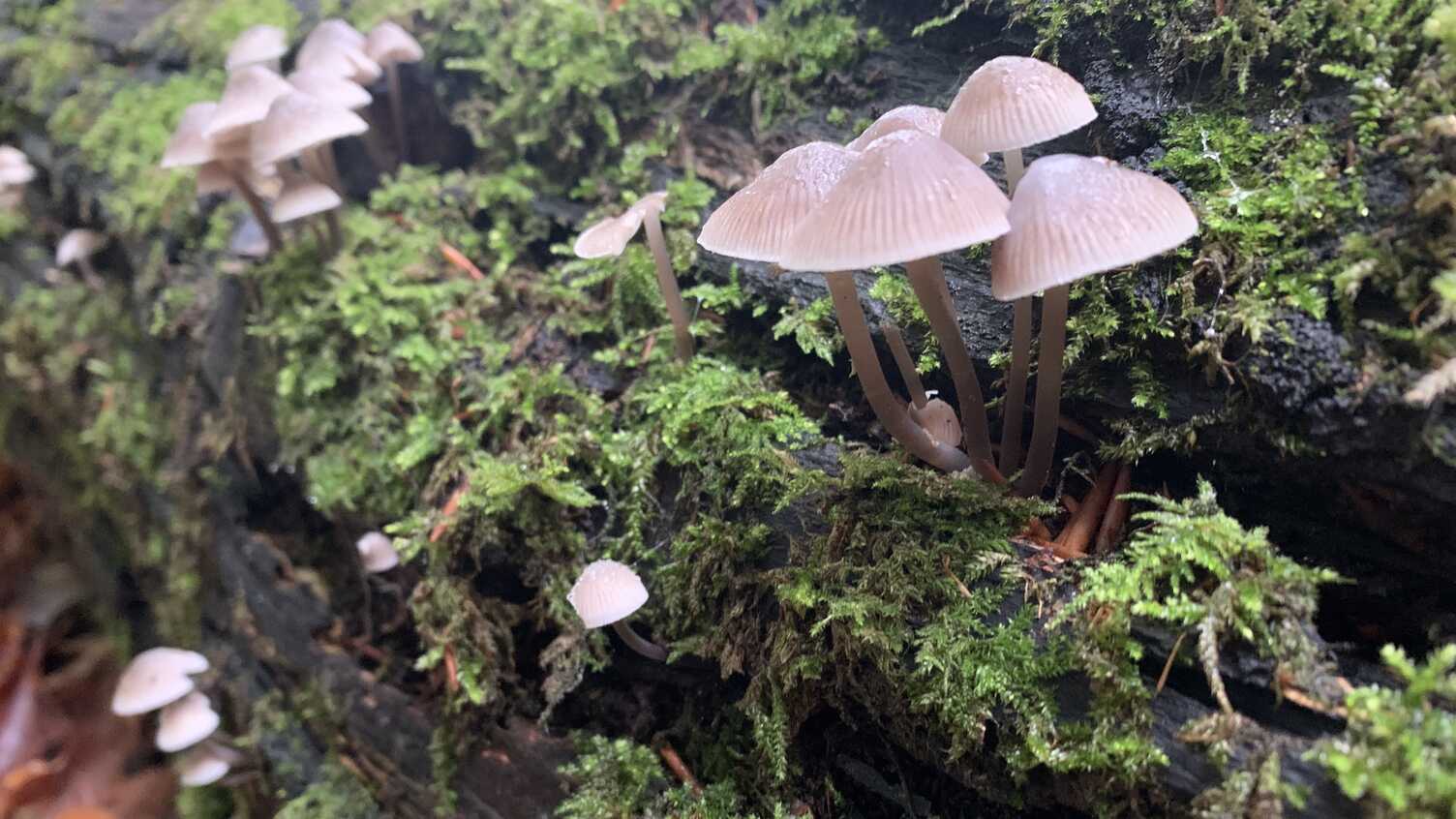University of Sheffield Leads £8 Million Study for Fungi - Climate Change
The University of Sheffield has been awarded a transformative £8 million Royal Society Faraday Fellowship to revolutionise global food security and climate change strategies through groundbreaking research into soil fungi.

The University of Sheffield has been awarded a transformative £8 million Royal Society Faraday Fellowship to revolutionise global food security and climate change strategies through groundbreaking research into soil fungi. The ten-year project, led by Professor Katie Field from the School of Biosciences, will investigate the fundamental role of microscopic fungal networks beneath the Earth's surface and their potential to reshape agricultural practices.
Groundbreaking Research into Mycorrhizal Networks
The groundbreaking research will reveal how the diverse microscopic networks beneath our feet are crucial in boosting crop resilience, enhancing nutrient absorption, and acting as powerful carbon sinks. The study focuses on mycorrhizal symbioses, which represent mutually beneficial partnerships between plants and soil fungi that are fundamental to life on Earth.
Professor Field's research builds upon previous discoveries that have challenged conventional understanding of plant-fungal relationships. Professor Field's research has revealed plants form partnerships with a much wider range of fungi than previously understood. This includes the discovery that plants, even major crops and species once considered non-mycorrhizal, also form associations with Mucoromycotina 'fine root endophytes' (MFRE).
Revolutionary Findings on Fungal Diversity
The research represents a significant departure from traditional mycorrhizal studies. Historically, research has largely centered on arbuscular mycorrhizal (AM) fungi, long believed to be the most widespread and essential fungal symbionts of plants. However, Professor Field's work has uncovered that MFRE fungi possess unique characteristics that distinguish them from conventional AM fungi.
Unlike AM fungi, MFRE can use carbon outside the plant and still form mutually beneficial relationships with their hosts. This discovery opens new pathways for understanding how fungal networks can be harnessed to improve agricultural sustainability and carbon storage.
Practical Applications for Agriculture and Climate
In the first phase of the project, the team will explore how diverse mycorrhizal fungi form networks with plants and how these networks work across scales using a unique combination of long-term field and lab-based experiments. The research methodology combines laboratory investigations with landscape-scale modelling to develop comprehensive understanding of fungal network functionality.
The practical implications of this research extend directly to agricultural innovation. Using this new knowledge, they'll develop new ways to boost soil health by improving how fungi are introduced into soils and managed. These methods will be designed for both farms and natural environments with the aim of helping crops absorb nutrients more efficiently, cutting down on chemical fertilisers, restoring healthy soils and sequestering and storing more carbon underground.
Strategic Partnerships and Implementation
Throughout the 10-year project, the team will work with stakeholders, including Syngenta, PlantLife, and ADAS, to translate discovery-focused fundamental research into practical applications. This collaborative approach ensures that scientific discoveries will be converted into implementable agricultural and environmental solutions.
The research programme encompasses policy development alongside scientific investigation. This includes developing policy frameworks that integrate mycorrhizal management into nature-based climate solutions, agricultural sustainability initiatives, and ecosystem restoration efforts.
The significance of fungal carbon storage has been established through previous research involving Sheffield scientists. The discovery by a team of scientists, including researchers from the University of Sheffield, that fungi is storing over a third of the carbon created from fossil fuel emissions each year indicates that it could be crucial as nations seek to tackle climate change and reach net zero.
Further Reading





